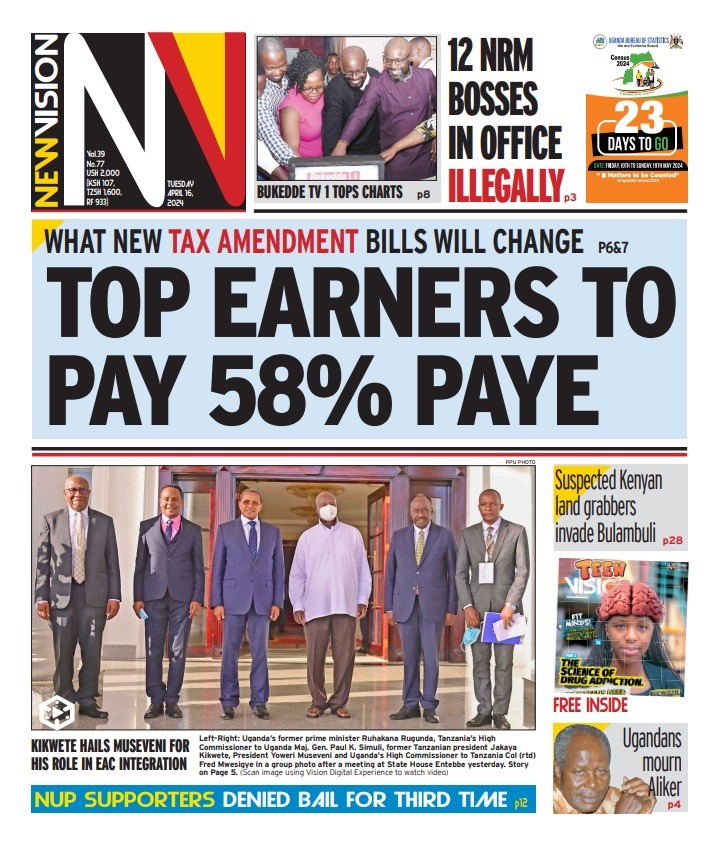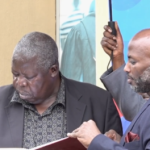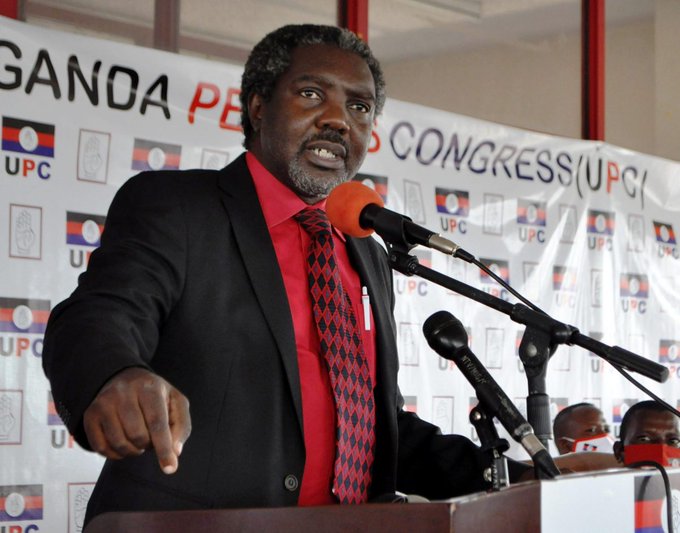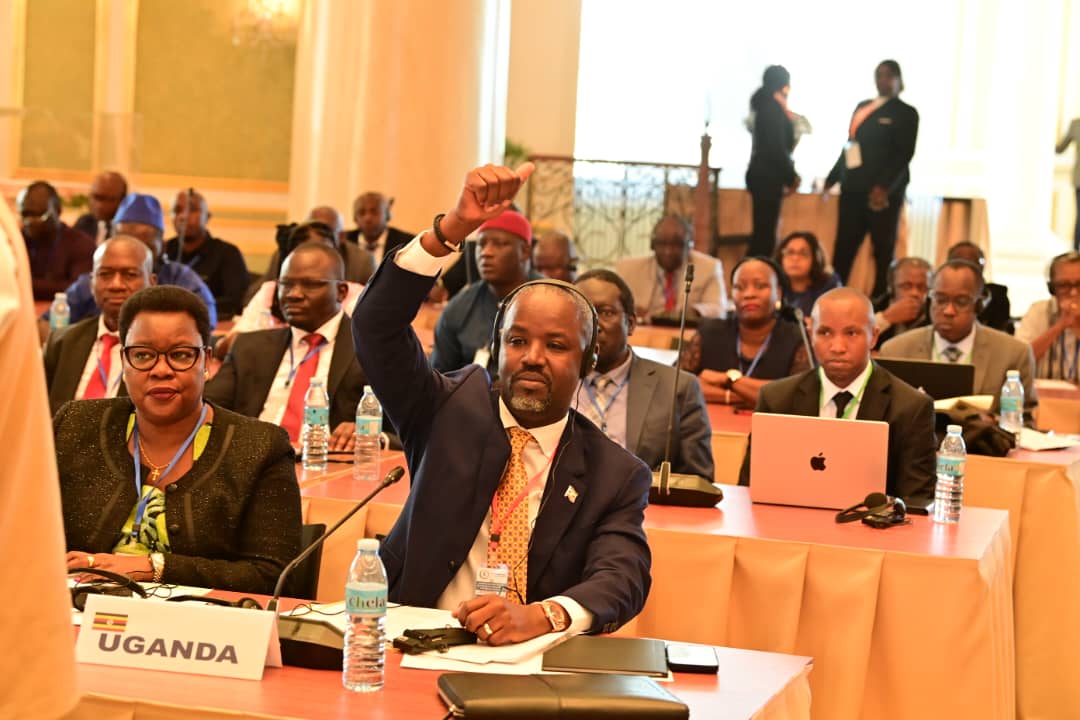At the heart of the issue is the need for accurate and responsible journalism, particularly on matters of public interest like taxation.
A recent headline published by The New Vision, a prominent Ugandan newspaper, has sparked controversy and debate regarding its accuracy. The headline in question suggests that top earners in Uganda are subjected to a staggering 58 percent tax rate. However, prominent figures within the government and the public sphere have come forward to challenge the validity of this claim.
Ramathan Ggoobi, an economist serving as Uganda’s Secretary to the Treasury, has vehemently refuted the headline’s accuracy, urging Ugandans to disregard it as misinformation. Ggoobi emphasized that such sensationalist reporting only serves to mislead the public and called for sanctions against those responsible for disseminating false information.
Similarly, the Uganda Revenue Authority (URA) has weighed in on the matter, issuing a statement urging citizens to dismiss the headline as inaccurate and misleading. The URA emphasized the importance of factual reporting, particularly when it pertains to sensitive issues such as taxation, and called for greater accountability from media outlets.
Dr. Bitekyerezo Medard, another notable figure, expressed concerns about the potential anxiety caused by misleading reporting. While acknowledging the possibility of a high PAYE (Pay As You Earn) tax rate, Dr. Medard questioned the accuracy of the reported figure and called for a correction to alleviate public concerns.
In contrast, some individuals, like X user Opus, defended The New Vision’s headline, suggesting that the criticism from government officials may be an attempt to deflect attention from substantive issues. Opus challenged Ggoobi’s dismissal of the tax report, arguing that mere denial without clarification does little to address public confusion.
Opus also raised questions about Ggoobi’s transition from advocating for ordinary Ugandans to defending government policies, implying a perceived shift in priorities. The debate surrounding the tax headline mirrors previous disputes, such as the controversy over indirect fuel taxes, highlighting broader concerns about transparency and accountability in government decision-making.




















